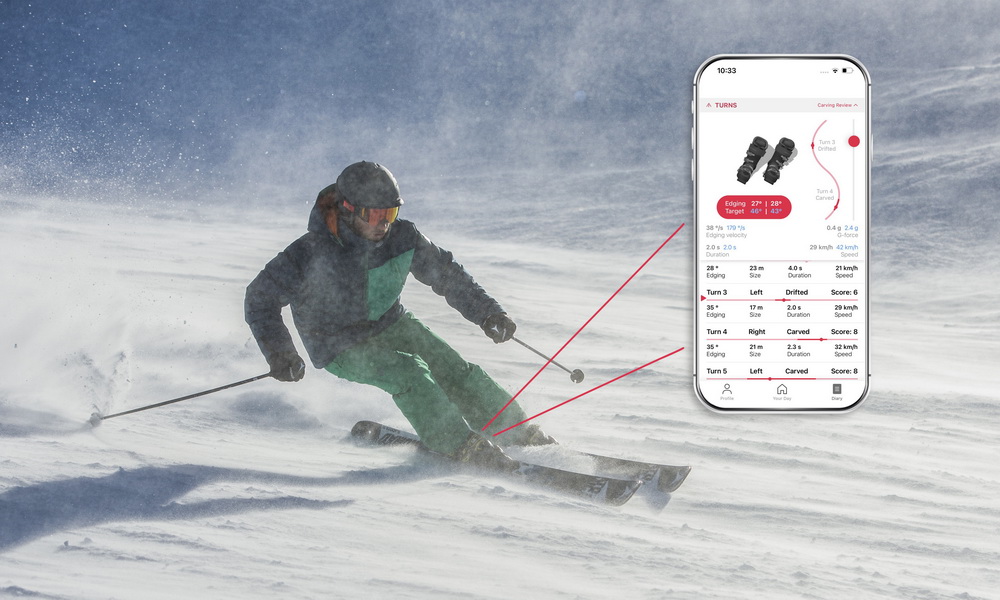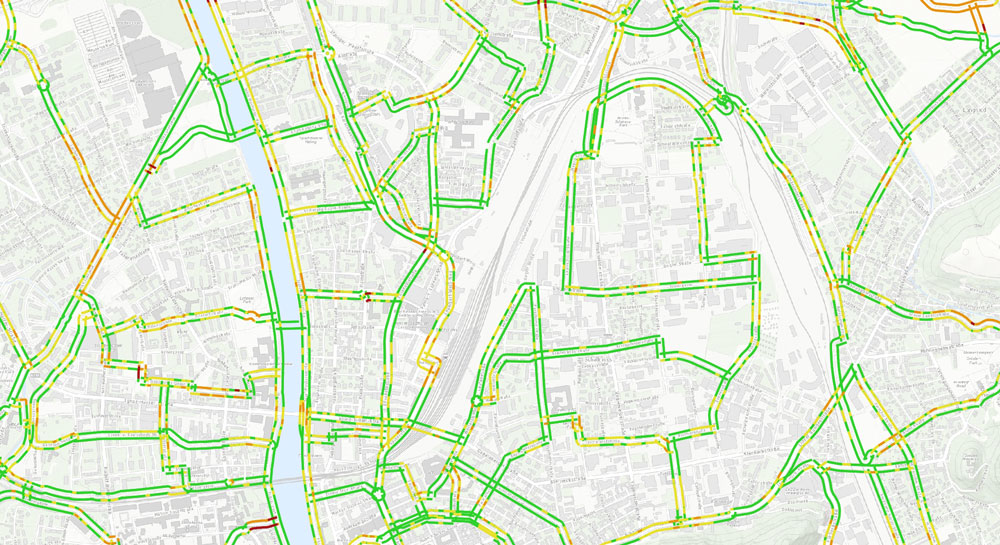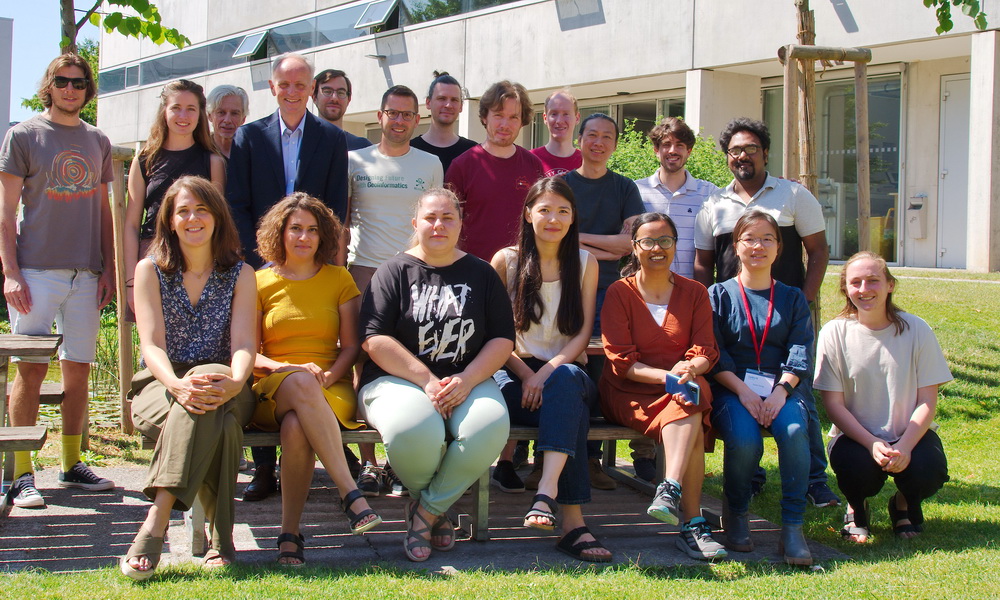
DyMoN Summer School: Ideas for the mobility transition
How can citizens be won over to climate-friendly mobility? This question was addressed in the international Summer School “GIS and Psychology Meet for Behavioral Change in Mobility” of the University of Salzburg and Salzburg Research.
Transport is responsible for a significant proportion of climate-damaging emissions, road space is predominantly consumed by cars and every journey not actively made is a missed opportunity for health promotion. What is needed is a comprehensive mobility turnaround. But how is it possible to convince citizens to break familiar routines and literally go new ways? This question was explored at the international Summer School “GIS and Psychology Meet for Behavioral Change in Mobility” at the University of Salzburg.
Twelve experts from nine countries from three continents accepted the invitation of the Mobility Lab of the University of Salzburg, Salzburg Research and the company Trafficon and spent exciting days in Salzburg. Led by researchers from the fields of mobility research, geoinformatics and psychology, the Summer School provided a stimulating environment for participants from different disciplines. The aim of the Summer School was to foster collaboration across disciplinary boundaries and stimulate critical, visionary thinking to create contributions to tackling real mobility problems.
Lectures on sustainable mobility, geographical information systems and psychological basics of mobility behaviour were offered over three days. The theoretical inputs could be transferred into practice in interactive workshops and excursions as well as in concrete problems.
Innovative solutions for key issues of the mobility transition were developed in four groups and finally presented at the international GI_Salzburg conference with almost 700 delegates. The Salzburg references of the group work met with great interest, especially among local decision-makers.



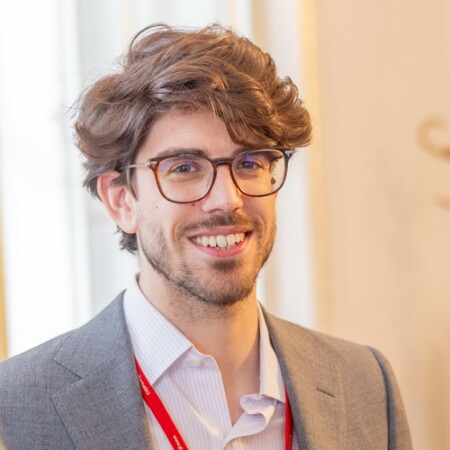
– Francesco Turno, Italien, PhD Student Universität Riga
My highlight was the interaction with new colleagues. New friendships were made and scientific collaborations initiated. We are planning to work together beyond the Summer School on the open source software project NetAScore, which is supervised by the Mobility Lab of the University of Salzburg.
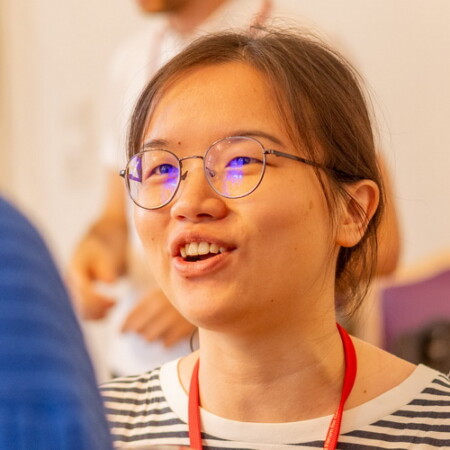
– Suxia Gong, China, PhD Student Universität Liège
I loved the time in Salzburg. I got a lot of valuable inputs. My research revolves around simulation modelling of traffic. Here I learned how to take psychological facets into account and vice versa, how the results can be used for social interventions. I really enjoyed working with the other participants because of the different backgrounds. We had a very fruitful exchange.
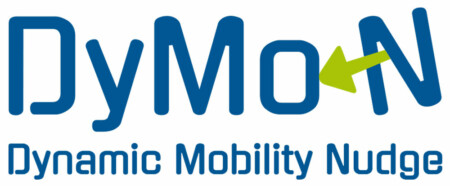
The background to the ten-day summer school is the European research project DyMoN – Dynamic Mobility Nudges, led by Salzburg Research. For two years, experts from Austria, Germany, Sweden and Belgium have been researching ways to combine methods from behavioural psychology with data-based infrastructures and the situation-dependent use of so-called “nudges” – small nudges that encourage behavioural change. In addition to methodological and technical innovations, the radical interdisciplinarity of the research design of this project, which is funded by the JPI Europe programme, stands out.
Pictures: © Martin Haigermoser, © wildbild

